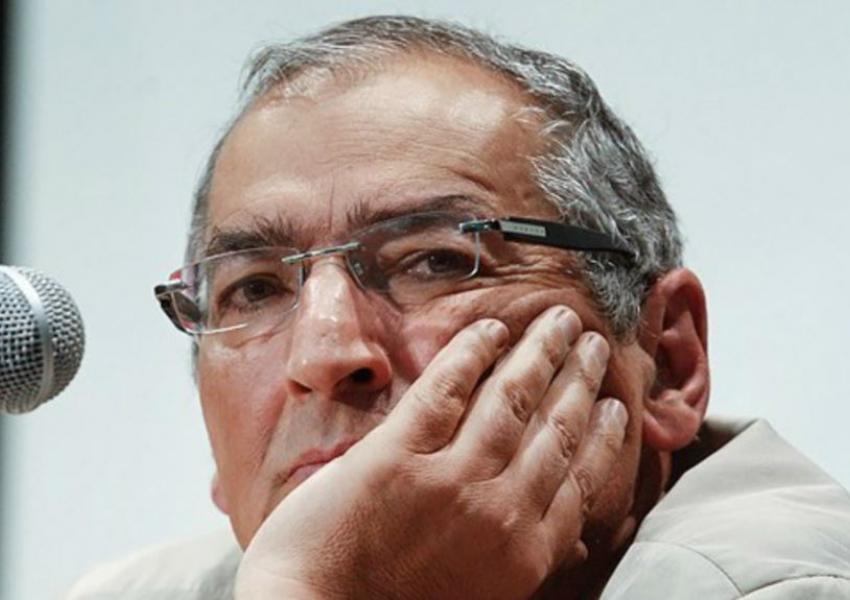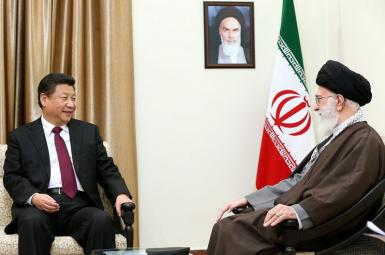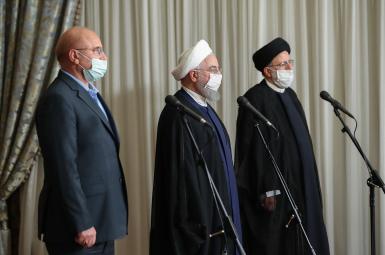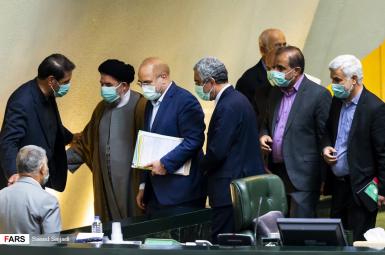
Should Talks With US Wait Until Iran Has A New President?
Maryam Sinaee
Whether talks with the United States should begin as soon as Joe Biden becomes US president in January or be left until after Iran has a new president in June is already a hot topic in Iran.
President Hassan Rouhani, who is ineligible to stand in June’s presidential election for a third term, gave his view to a cabinet meeting on Wednesday. “We will take the opportunity whenever conditions for scrapping sanctions are present…Nobody has the right to ruin opportunities [for that].”
Biden’s promise to return to the 2015 Iran nuclear agreement (known as the JCPOA, Joint Comprehensive Plan of Action), which President Donald Trump unilaterally left in May 2018, has raised hopes in Iran of talks removing Trump’s draconian sanctions, which have sent the economy into recession.
Among those looking for early progress, Mohammad Sadr, former deputy foreign minister during the presidency of reformist president Mohammad Khatami, told Hamshahri newspaper in a piece published Monday that there is no reason the Rouhani administration should not enter talks “just the same as for two years they were allowed [by Khamenei] to negotiate with the United States before.”
Sadr was highlighting the support for the JCPOA given by Supreme Leader Ali Khamenei, who has the final say on foreign policy. But other analysts have pointed to changes in domestic Iranian politics since 2015, when the JCPOA was agreed. They argue that Iran’s presidential election complicates all calculations, and that hardliners will seek to extend their control over most centers of power, including the military and the parliament, to create a “homogenous political system.”
Among those suggesting that the thorny issue of talks with the US, including lifting sanctions, is best left to principlists or is reformist political analyst Sadegh Zibakalam.

Professor Sadegh Zibakalam, an outspoken commentator in Iran.
The presidential elections will produce a radical, hardline administration that will conclude a new nuclear deal, Zibakalam predicted in an interview with the moderate conservative Fararu website.
Zibakalam stressed that such a deal would include not just Iran’s atomic program but its weapons and missile programs, even though the principlists or hardliners would continue their anti-US rhetoric. “They can’t abandon their hostility and say it wasn’t the right policy,” he said. “But there is a prospect of negotiations. which I like to call ‘heroic flexibility’ and the JCPOA of 1400 [the Iranian year beginning March 21, 2021].” Khamenei used the phrase ‘heroic flexibility’ at the time of the JCPOA.
Hossein Mousavian, a senior member of Iran’s nuclear negotiation team from 2003 to 2005, has also argued that these matters are best handled by the principlists. “In order to make big decisions and determine the country’s lot the system must become homogenous,” Mousavian said in an interview with Hamshahri newspaper published on Wednesday. “The principlists’ victory [in the presidential elections] is going to be auspicious…We need to postpone [talks] until then and allow the principlist president to act freely. If he wants to chose conflict, they [can] do it within a homogenous system and if their choice is to interact, they can do it with solidarity.”
Ahmad Zeidabadi, reformist journalist and political activist, has expressed the same view. “Chances of negotiations about the current situation will be stronger if a principlist administration, which is more aligned and cooperative with other government bodies and forces in the country, comes to power in the 2021 elections,” he said in an interview with Etemad newspaper published on Tuesday. Zeidabadi argued that the JCPOA was in practice now obsolete.
Some conservatives, too, have indicated that talking to the US is taboo only if done by others. In an interview with the reformist Jamaran website, Hamidreza Taraghi, Deputy Chairman of Motalefeh (the Islamic Coalition party), said negotiations with the US were better handled by those “who can guard the nation’s interests” and who “are immune to infiltration [by the enemy], not like the nuclear negotiation team [that agreed the JCPOA], which had two US infiltrators in it.”








